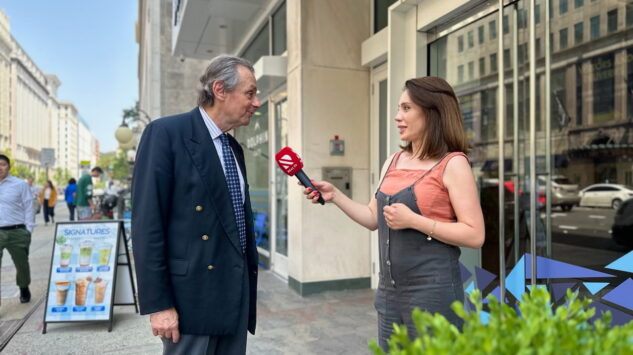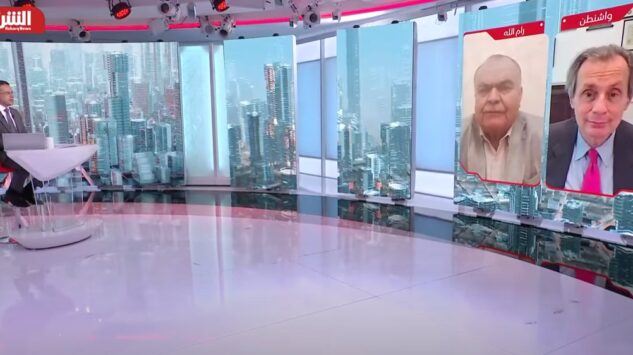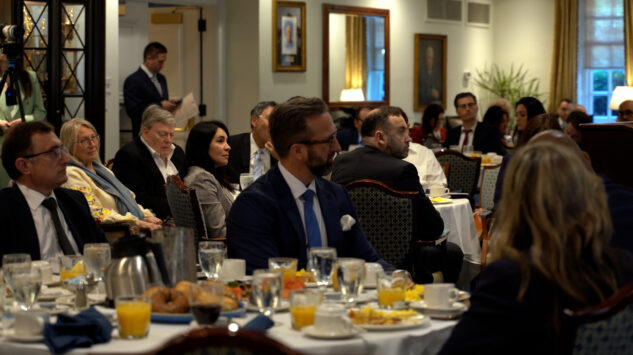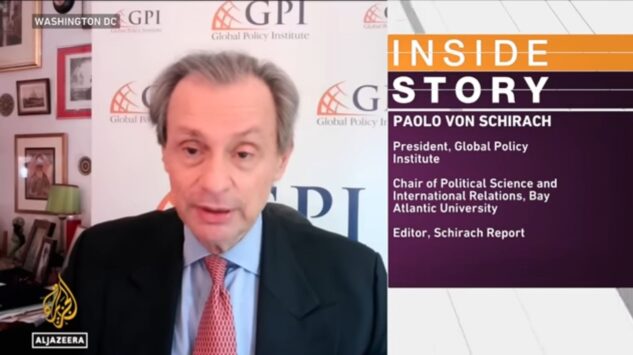News
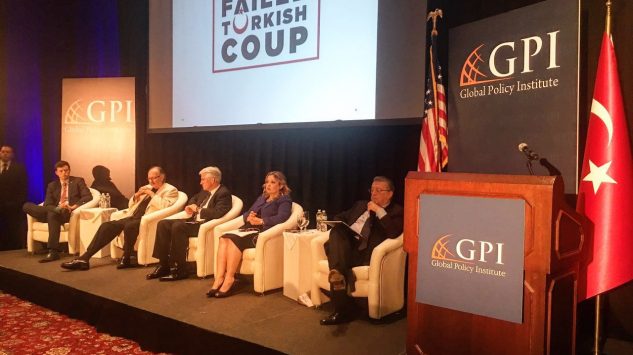
The failed Turkish coup was under the spotlight in NYC
GPI, held an event at the Harvard Club in New York City on September 23, aimed at analyzing the July 15 failed military coup in Turkey. A panel of experts shed new light on a critical question for US-Turkey relations: What really happened on July 15 in Turkey?
In front of a very large audience, Turkish senior policy-makers, along with Turkish and U.S. senior experts, discussed various aspects of the failed co
up and the key role played in it by supporters of Fethullah Gulen, a Muslim cleric living in the U.S. now accused by Turkish authorities of being the master mind of the military action aimed at toppling the elected government.
The Turkish Minister of Foreign Affairs, Mevlüt Çavuşoğlu, opened the event with a speech in which he pointed out that European and U.S. leaders failed to understand the gravity of a military coup aimed at destroying Turkish constitutional democracy. Indeed, it was the timely appeal of President Recep Tayyip Erdoğan broadcast live on Turkish TV that got a very large number of Turkish citizens in the streets in order to demonstrate against the unlawful military action. The unarmed citizens bravely confronted the soldiers. While many of them were killed by the rebellious soldiers, this popular reaction helped turn the tide against the coup plotters.
Minister Çavuşoğlu also argued that Western leaders were slow and tentative in expressing their solidarity to the elected Turkish government. He expressed the hope that attitudes will change; so that there will be better relations between Turkey and its traditional Western and NATO allies.
During the second part of the event, moderated by Mesut Yılmaz, former Turkish Prime Minister, Professor Heath Lowry, a foremost U.S. expert on Turkish history and politics, argued that past military coups delayed the development of real democracy in Turkey. He also noted that it is very difficult for Americans to understand the nature and modus operandi of the secretive Gulenist movement and how it intended to create a “parallel state” within Turkey.
Professor Gulnur Aybet of BAU University in Istanbul pointed out that the Turkish public right now does not believe that U.S. officials are really working in good faith with their Turkish counterparts on the legal
issues that need to be dealt with in order to have an extradition process for Fethullah Gulen.
Aybet also noted that Western media have not covered the attempted coup properly. The bravery of unarmed Turkish citizens who confronted tanks and armed soldiers has been largely ignored. The many people who died trying to resist the coup plotters have been barely mentioned.
Retired General and later on U.S. Assistant Secretary of State Mark Kimmitt noted that, whatever the justifications produced by the coup plotters to take action against the government, one should never forget the cardinal rule whereby in a democracy the military has no right to rebel against a properly constituted civilian government. Political differences can only be addressed and resolved through the political process, at the ballot box.
Former State Department official Joshua Walker indicated that it is very complicated to explain the context of the failed July 15 coup. The American public, including analysts and policy-makers, over simplified the story, failing to appreciate that this dramatic event points out how Turkish citizens are deeply committed to democracy and civilian rule.
He also expressed the hope that more people-to-people exchanges between Americans and Turks will help further a more relaxed atmosphere, this way dispelling misconceptions and outdated stereotypes.
